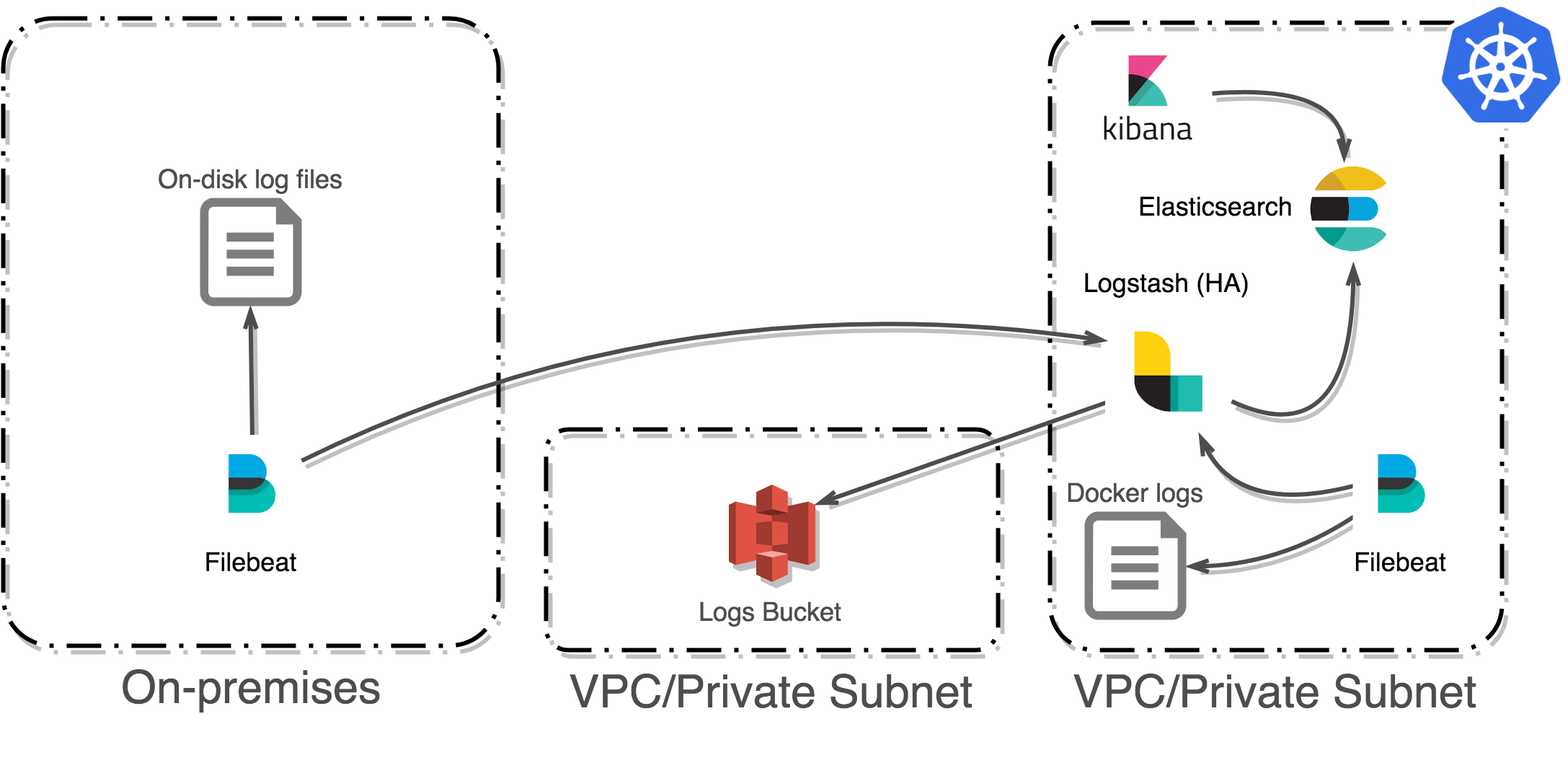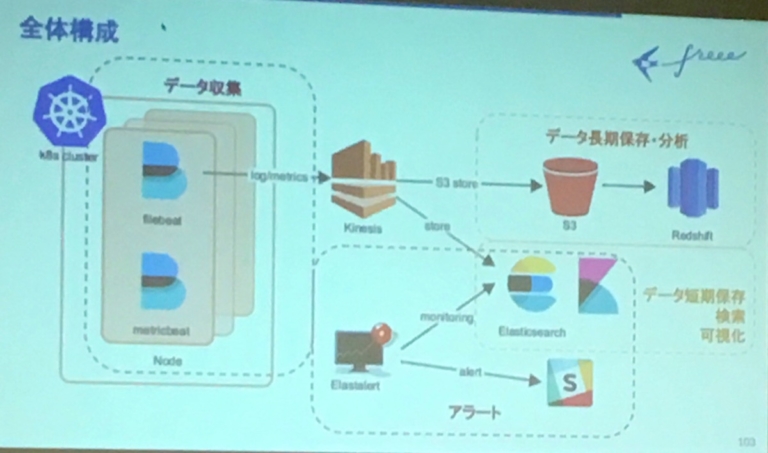

FILEBEATS KUBERNETES HOW TO
In a previous blog post we have shown how to run Loki with docker-compose. Some are sidecar models, which can be done in more detail. Deploy Loki on Kubernetes, and monitor the logs of your pods Loki is a log database developed by Grafana Labs.
FILEBEATS KUBERNETES SERIES
Once that is done you need to create a series of users with the required roles to it.
FILEBEATS KUBERNETES INSTALL
To do so you will need to navigate to /usr/share/elasticsearch and then run the following commands: /usr/share/elasticsearchbin/plugin install license /usr/share/elasticsearchbin/plugin install shield. apiGroups: # "" indicates the core API group I am using the filebeat elastic helm chart under an Istio service mesh. Filebeat is deployed as a DaemonSet, this ensures one agent is running on every Kubernetes node. To install shield you first need to install license plugin. # data folder stores a registry of read status for all files, so we don't send everything again on a Filebeat pod restartĪpiVersion: /v1beta1 # If using Red Hat OpenShift uncomment this: Logstash (too much memory, try not to use this).The real log files are in the directory / var/lib/docker/containers This installation has been tried on the kubernetes cluster which has a one worker node cluster.

Log events should start flowing to Elasticsearch.
 To check the status, run: kubectl -namespacekube-system get ds/filebeat NAME DESIRED CURRENT READY UP-TO-DATE AVAILABLE NODE-SELECTOR AGE filebeat 32 32 0 32 0
To check the status, run: kubectl -namespacekube-system get ds/filebeat NAME DESIRED CURRENT READY UP-TO-DATE AVAILABLE NODE-SELECTOR AGE filebeat 32 32 0 32 0 The files under var/log/containers are actually soft links Create new storage class on your cluster, if you dont have. To deploy Filebeat to Kubernetes, run: kubectl create -f filebeat-kubernetes.yaml.


 0 kommentar(er)
0 kommentar(er)
